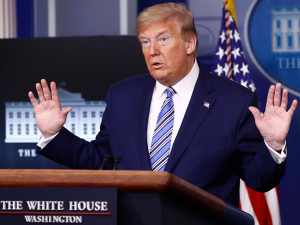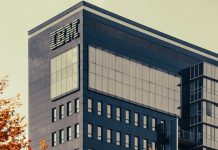In a new executive order signed on Monday, President Trump has extended April’s ban on green cards issued outside the United States, including several types of non-immigrant work visas, such as the H1-B for skilled workers.
Indian IT services companies that use these visas to transfer highly-skilled workers to the U.S. are especially affected by the restrictions. Vikram Ahuja, cofounder of Talent500, a recruitment firm in the southern Indian city of Bengaluru, has a different view. "The world is changing, and I think as long as great companies seek great talent, then location and physical proximity becomes irrelevant," he says. H-1B visa holders could still potentially work for U.S. companies from their homes in India.
Canada, on the other hand, stands to benefit from Trump’s restrictions. As its tech scene grows, with tech-giants like Google and Amazon expanding their footprints northward, they will be able to draw from an international talent pool more easily. Over the last five years, the country’s relatively open immigration policies have brought in over 40,000 foreign tech workers.
Senior Trump administration officials claim that the order will give Americans first pick of employment opportunities in the wake of pandemic-related job losses. However, some of these positions are unlikely to be picked up by Americans, while others require specialized qualifications that are not in abundance here. Furthermore, the changes are part of Trump’s overarching efforts to restrict immigration, including the recent proclamation targeting Chinese nationals. The visa freezes are expected to undergo further changes down the road, aimed at creating a merit-based system that prioritizes high-salary applicants.
Many have called on Trump to undo these restrictions, citing the economic burden they will add to companies already feeling the strain from the COVID-19 pandemic. Calls for change, including from U.S. officials and Silicon Valley tech firms, assert that the restrictions will reduce domestic investment, economic activity, job creation, and the U.S.’s overall competitiveness. Additionally, some fear that academic biomedical institutions will be affected at a time when their work is most critical.
























